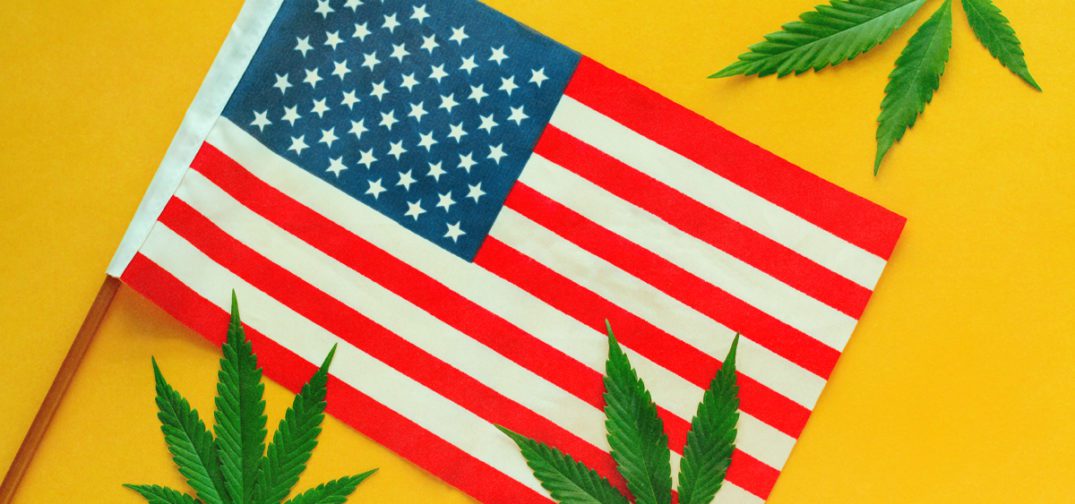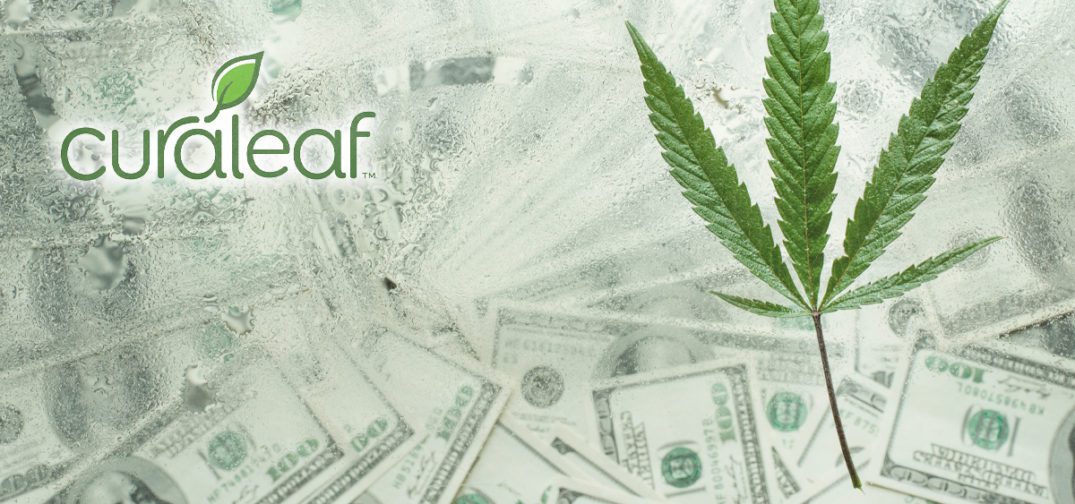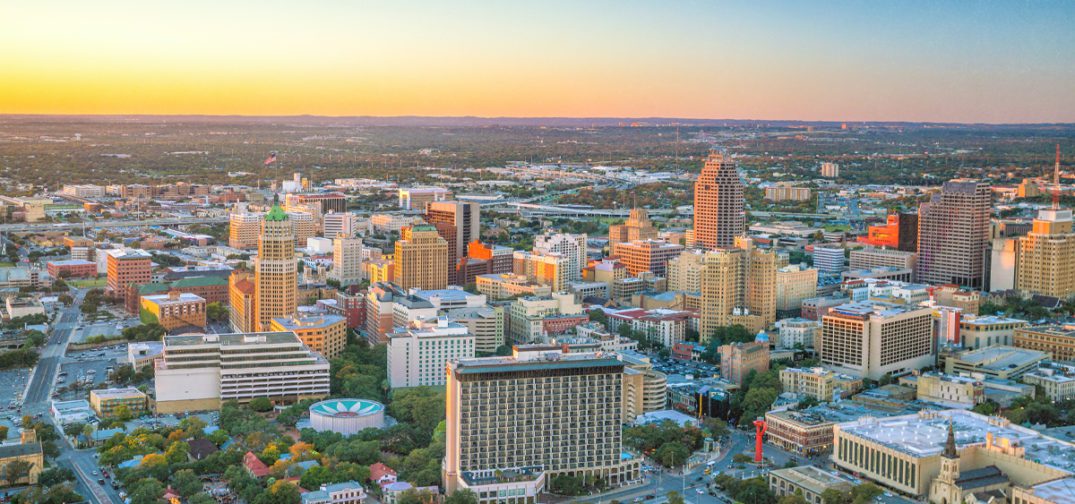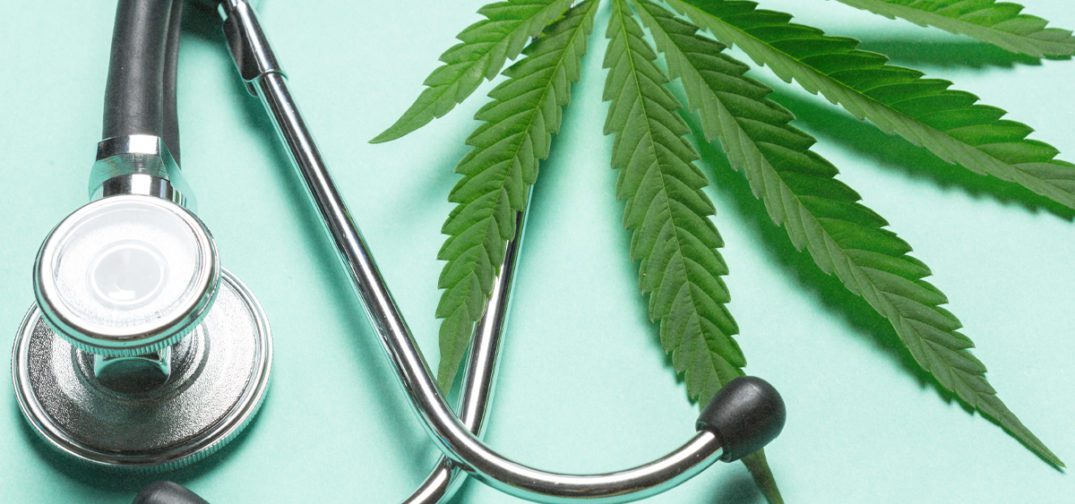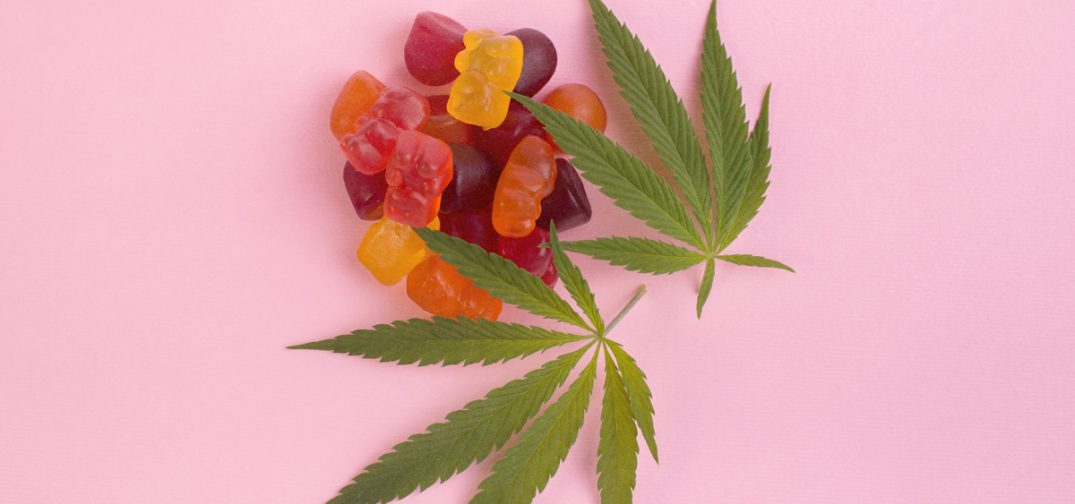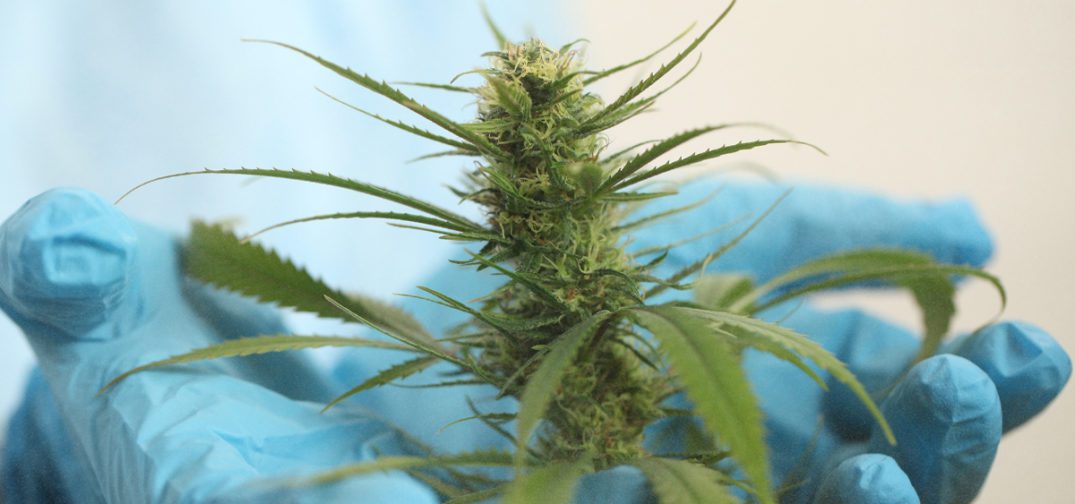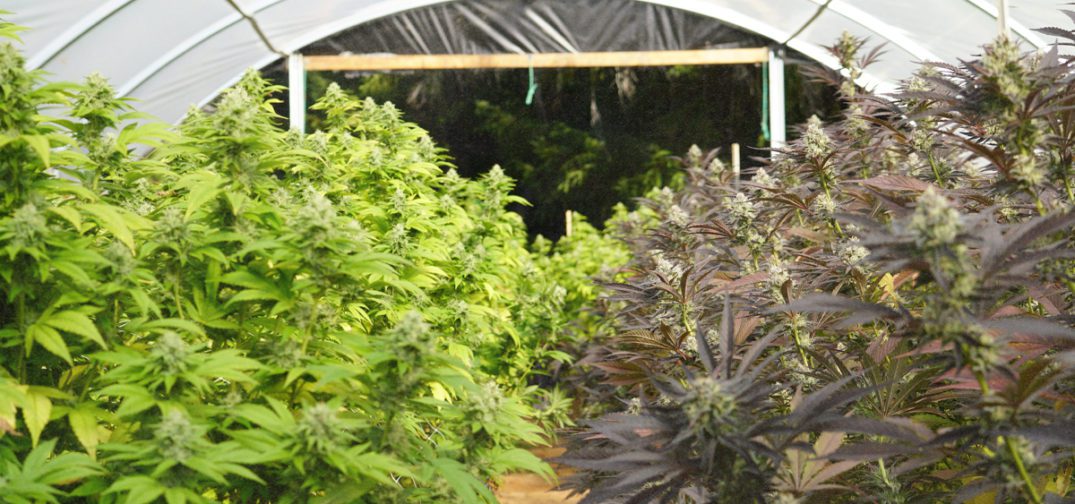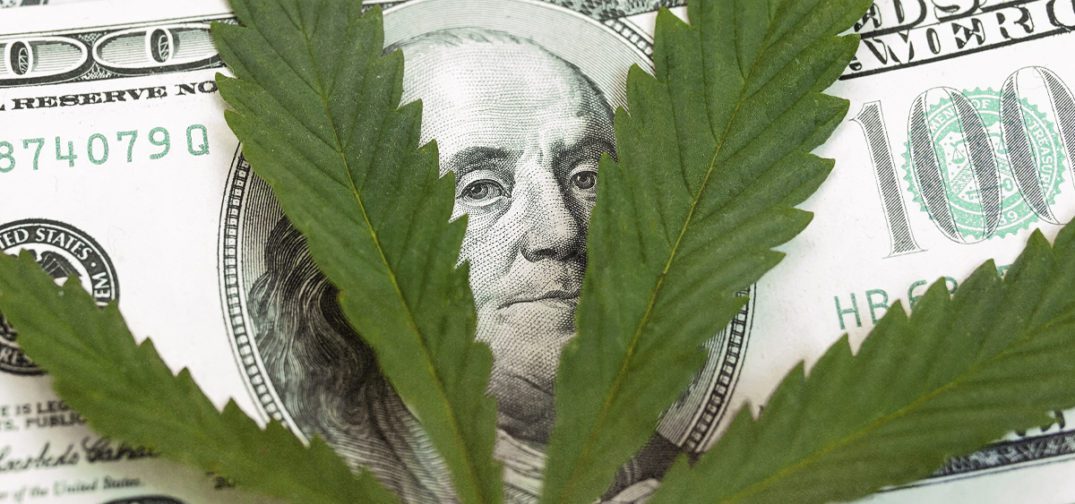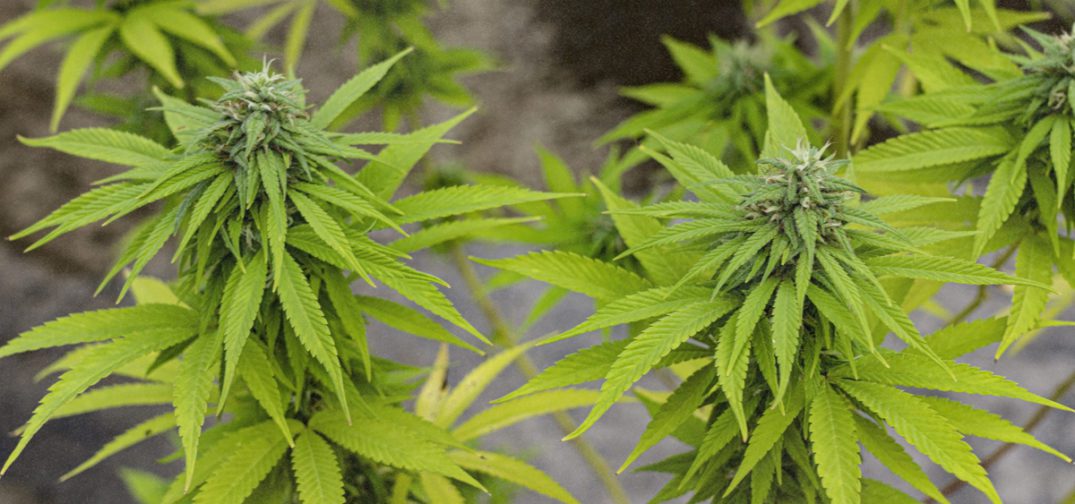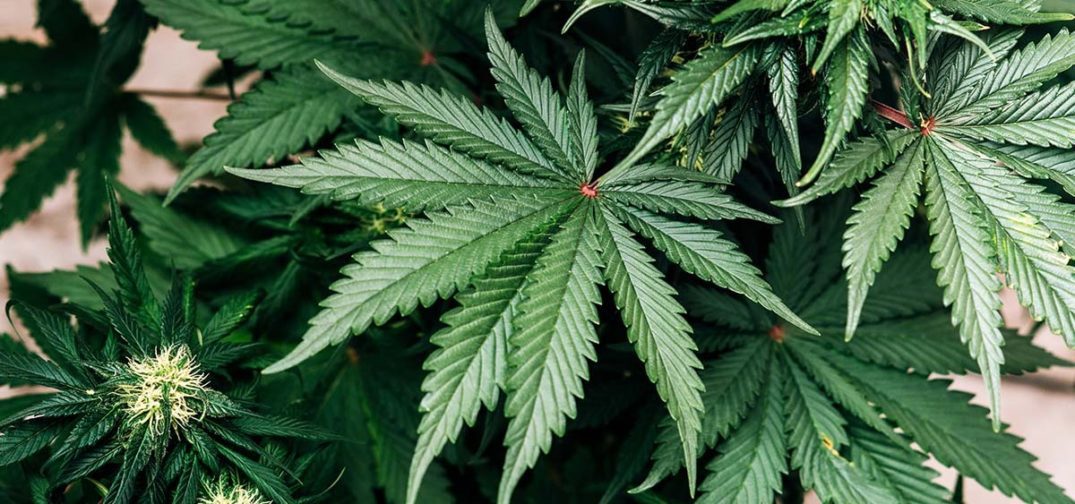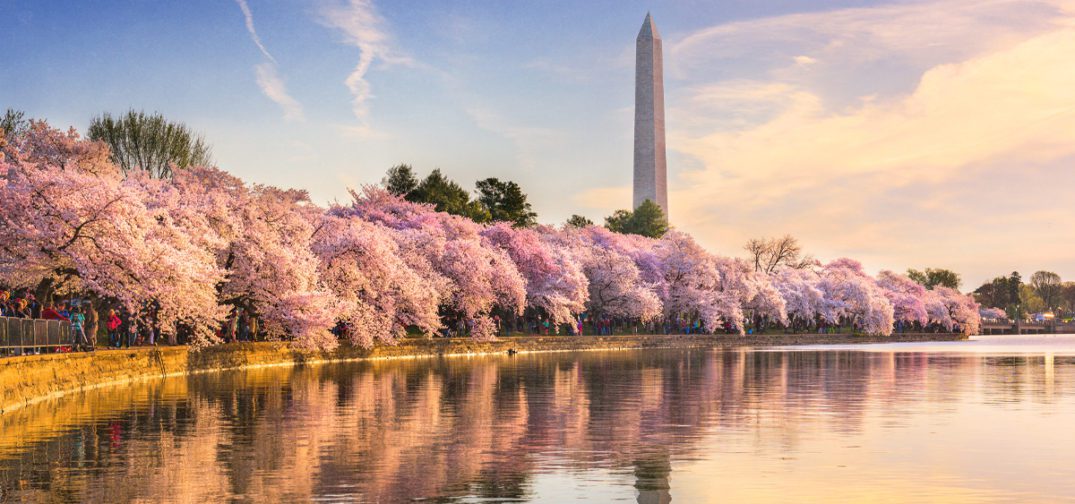BIOS Lighting is an LED lighting solutions firm that uses research-backed technology to optimize plant growth and stimulate photosynthesis. Before co-founding the company, Robert Soler, BIOS Lighting’s Vice President of Human Biological Technologies and Research, was studying LED lighting solutions at the Kennedy Space Center’s Space Life Sciences Lab. There, Soler worked on a proposal that won a contract to design and build new LED-based lighting modules for the International Space Station — he specifically studied human biological cycles and photosynthesis, which led to the innovative application of LED technology that later became the foundation for BIOS Lighting.
“I am very passionate about human and plant applications of LED light spectrums,” Soler said. “I was first introduced to this idea at Kennedy Space Center, where I was a lighting engineer at the Space Life Sciences Lab. There we would change spectrum of light to manipulate plant growth and human health.”
Astronauts can get thrown off by experiencing 16 sunrises and sunsets every 24 hours. The fundamental research that led to BIOS was to see if light spectrums could regulate the circadian rhythms of astronauts. This research ascertained that earth-dwellers could benefit from specially designed lighting systems in their homes. Circadian lighting is the concept that electric light can support human health by tuning intensity, color, and stimulus. Cells in the body respond to light and dark, and circadian lighting attempts to mimic the light spectrum and tonal changes of the sun to regulate the natural rhythms of sleep and wakefulness. BIOS develops and sells light bulbs and a state-of-the-art wellness light to support bringing the internal clock back in sync with the body’s natural circadian rhythm. In addition to regulating circadian rhythms, NASA wanted to cultivate plants on the ISS as a food source and to help with filtration and air purification.
BIOS uses these same core principles, where LED lighting fixtures simulate the light spectrums of the sun, when developing grow lights for plants. At BIOS, the team takes biological mechanisms, photobiology, and biochemistry into account and develops LED technology based on those markers. For years, High-Pressure Sodium (HPS) lighting was the go-to technology for indoor cultivation but LEDs are replacing these systems as the technology advances. Large-scale cultivators and home growers found that switching to LEDs lowered the cost of utilities due to temperature regulation and electric output. This benefit reflects the benefits of applying new technologies to an existing operation, and BIOS is committed to exploring new boundaries for LED lighting applications.
A few years into their operation, BIOS made the conscious decision to enter the cannabis space. Now they are designing products specifically for the cannabis plant. “Our Li2 is specifically designed to maximize yield of cannabis and is designed to easily mount in cannabis indoor facilities. Our LLi is designed for the vegetative phase of cannabis growth, and our Ti2 and Ti3 are designed for indoor and greenhouse cannabis application,” Soler said. “We feel cannabis operators deserve a higher quality lighting solution that is built for production and meets the rugged demands of commercial cultivation facilities now and in the future.”
BIOS fixtures are industrial grade and designed to withstand harsh environments. The difference in build and design quality is clear when comparing the fixtures to companies who chase gimmicks and hype. That difference comes from staying focused on providing a scientifically superior product that is never rushed to market. Whenever the cannabis lighting sector catches on to a new trend, BIOS steadily researches and validates the science before releasing a product. Their solutions have always been biologically-backed, reliable, easy to use, and energy-efficient.
LED lighting systems allow for finite automation, which is why they’re used to maximize yields and even promote the production of secondary compounds like terpenes. The BIOS team helps customers achieve these goals and also collects the data revealed in the process. Each experience gives the development team more ideas for future products. Soler described the R&D process at the company, “We are mostly interested in applied research. Taking some of the findings from the research and applying it to cannabis in a real-world scenario. If something in the research looks promising, we’ll explore it. But we won’t put any technology into a product until we have proven that it will provide a benefit to the grower.”
With their research-forward approach to LED lighting, BIOS is positioned to continue innovating in the cannabis lighting space. The US-based brand currently has almost ten lighting fixtures available for indoor cultivation and they’re always collecting data to continue expanding and evolving their line.
End

